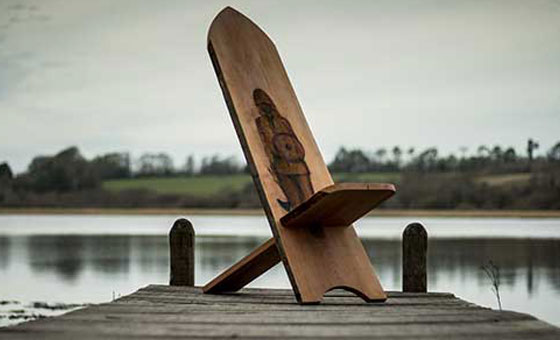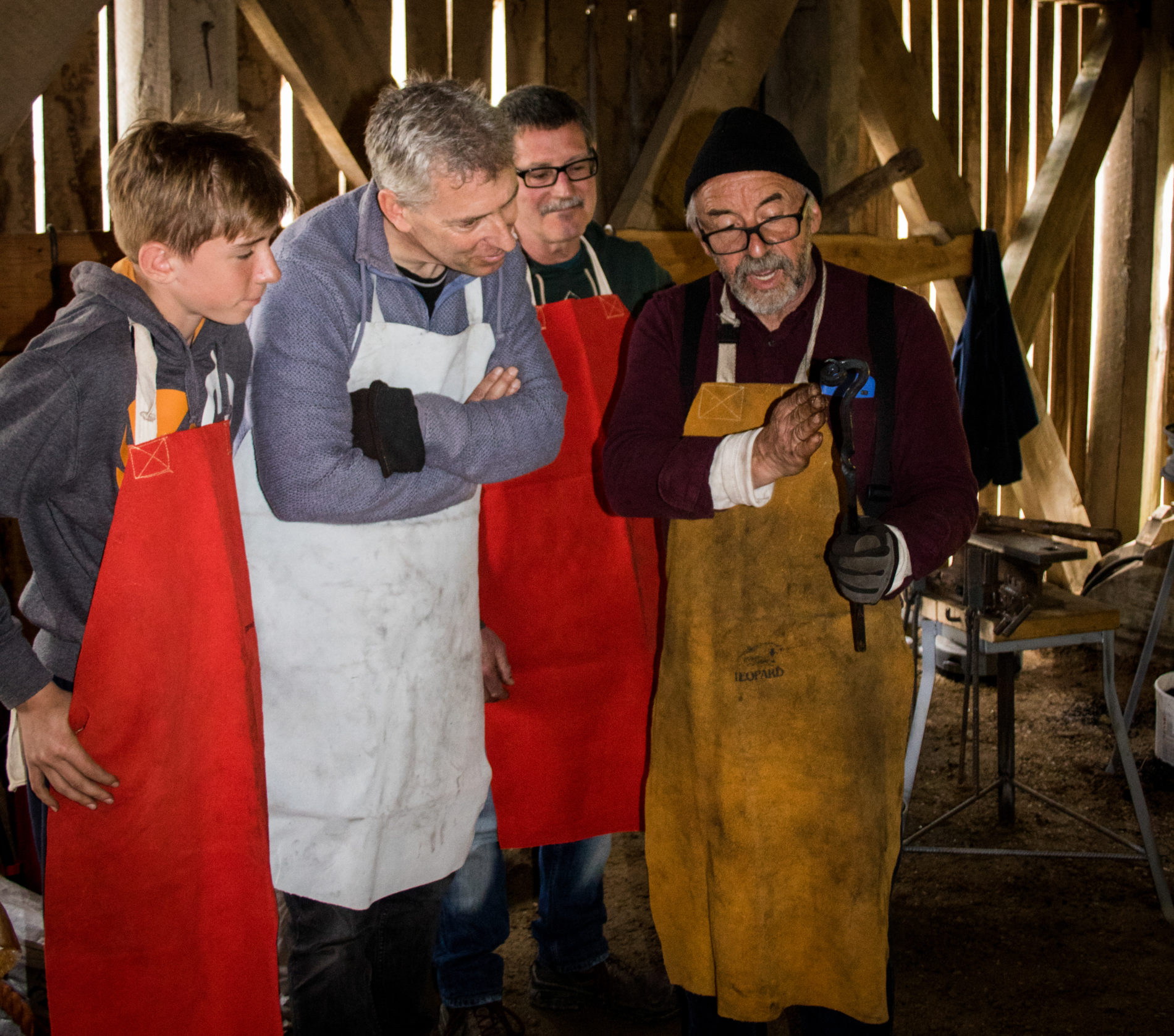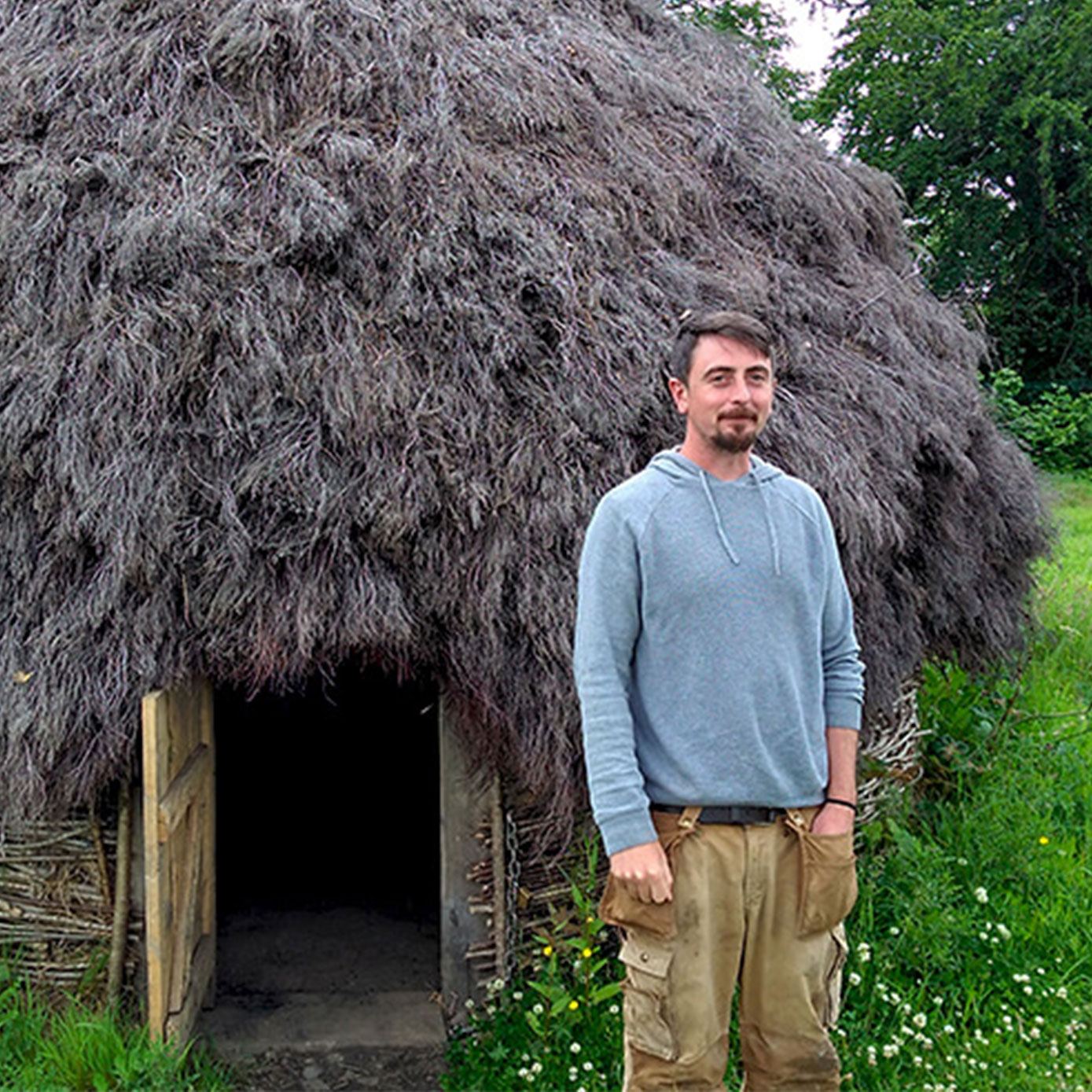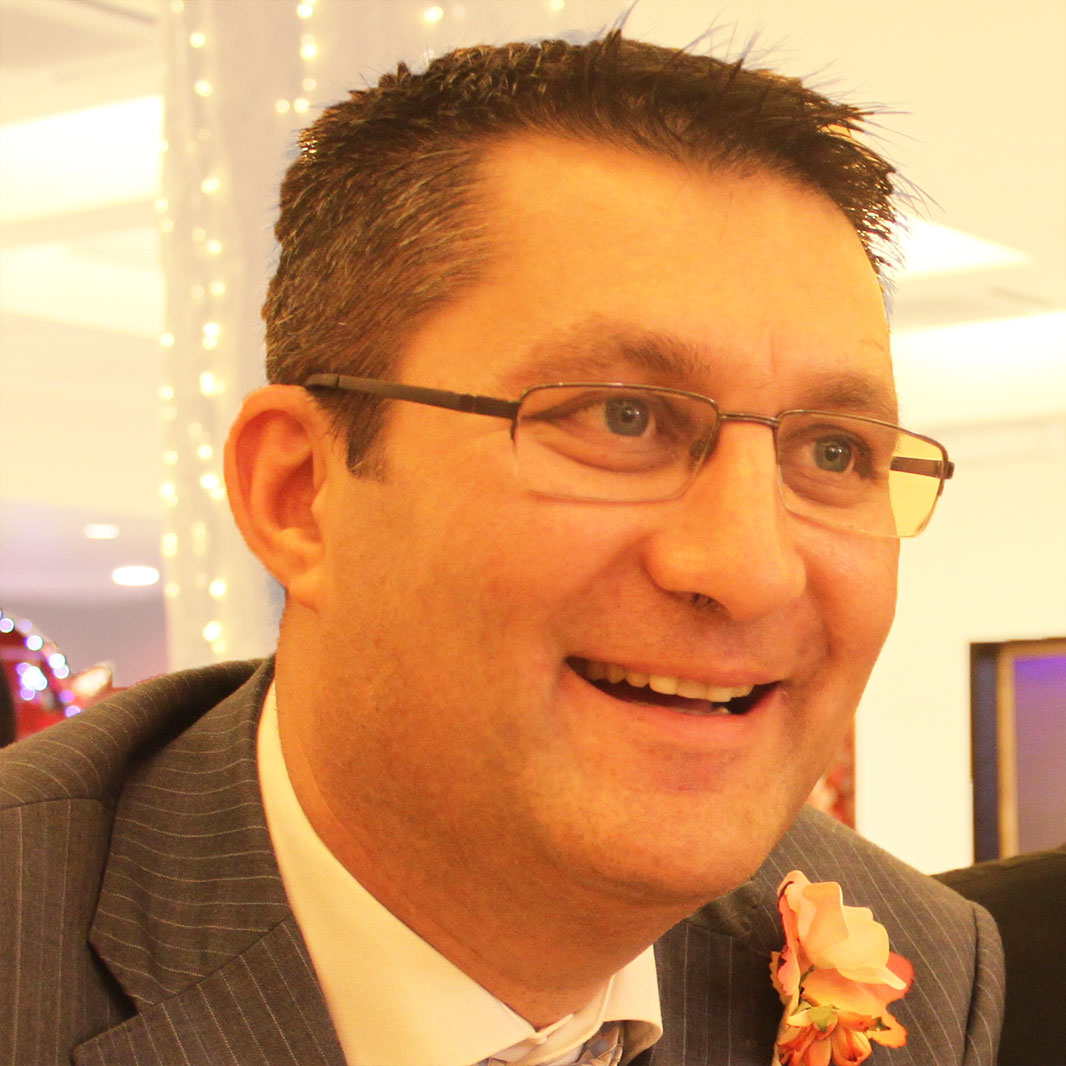Project Description
Overview
This program provides a practical introduction to the role of crafts, technologies, and construction techniques in Ireland throughout time. Focusing on both the built environment and materiality in the medieval period, students will actively participate in a range of bespoke, experimental archaeology workshops and projects. Students will be equipped with a general understanding of medieval society, with a specific focus on the role of technologies and materiality in people’s lives in that time period. In addition to archaeological knowledge, students will build more general ‘life-skills’ such as creativity, problem solving, teamwork, time management, and resourcefulness as well as project design and implementation.
What makes this program especially unique is its collaboration with a leading archaeological research project – Digging the Lost Town of Carrig. Students will learn methods in experimental archaeology adjacent to an authentic ringwork castle (the Carrick ringwork) within the confines of the Irish National Heritage Park (INHP) in Wexford, southeast Ireland. This ringwork is one of Ireland’s most important medieval monuments and is crucial to the earliest stages of the Anglo-Norman invasion of Ireland, being the first Norman fortification built in the country in 1169 CE. Archaeological excavations undertaken in the 1980s and by the IAFS since 2018 showed that significant evidence of the site’s medieval history is preserved below the ground – including remnants of a 12th century fort with wooden structures, 13th century stone castle, and 14th century hall and chapel. Students in the experimental archaeology program will not be excavating, but they will be actively partnering with the archaeologists. As part of the experimental archaeology program students will be given in-depth tours of the site and can expect to understand the archaeology intimately, as it is the archaeological features they will be replicating in workshops. As archaeologists uncover the history of both the site and buildings, the results will be communicated essentially in ‘live time’ to the experimental archaeology students, underpinning their projects with exceptional authenticity and increased significance.
| Course Details | |
|---|---|
| Course Dates | July 14-August 10, 2024 |
| Course Type | Experimental archaeology |
| Instructors | Dr. Brendan O’Neill, Dr. Stephen Mandal & Derek O’Brien |
| Credits | 6 semester (9 quarter) |
| Apply By | April 15 |
| Fees Due By | Summer 2 (May 15) |
| Program Fees | |
|---|---|
| Tuition | $4275 |
| Transcript Fee* | $300 |
| Health & Evacuation Insurance | $125 |
| Room & Board | $1,535 |
| TOTAL: | $6,235 |
*This program may accept students past the deadline. Email admissions@ifrglobal.org for more information.
Instructors
The directors welcome emails and inquiries about the research elements of this project. More general information (tuition, health insurance, and payment schedule) can be found under the ‘Students’ tab above. Any further questions may be addressed to IFR staff. Additional details about research, course schedule, travel, accommodation, and safety can be found on the syllabus. Contacting the directors or the IFR office is encouraged and appreciated. It may help you determine if this field school is a good fit for you.
Testimonials
Coming soon!
Payment & Student Fees
Application Fee: There is a $45 fee to submit an online application.
Deposit Payment: A nonrefundable $500 deposit is due within 3 weeks of program acceptance in order to secure your place. The remainder of your program fees are due by the deadline indicated under “Course Details”.
*Transcript Fee & Academic Credit Opt Out: If you wish to participate in an IFR field school without earning academic credits, you will not be charged a transcript fee.
For more information about payment, fees, and policies, please see details under our Payment & Finances and Withdrawal and Cancellation Policy pages.
Accommodations
Students will stay with local families in Co. Wexford. Homestay students live with local families, and experience true home life in provincial Ireland. Most students will be in a twin room and so will share with one other student.
Students will be brought to the site daily. Students should understand that the host families are in rural settings, requiring taxis to reach the town of Wexford. Students are encouraged to avail of their free time on weekends and explore Ireland.
Homestay accommodation will provide breakfast and dinner, along with a packed lunch. Our homestay network caters for all main dietary requirements (vegetarian, vegan, nongluten etc.); they provide a well-balanced diet of Irish cuisine, but students should anticipate trying new cuisine and not having all the items they might expect at home. Students are welcome to bring some special treats or a small gift from home to share with their families.


Travel Info
Natural disasters, political changes, weather conditions and various other factors may force the cancellation or alteration of a field school. IFR recommends students only purchase airline tickets that are fully refundable and consider travel insurance in case a program or travel plans must change for any reason.
General information for this program is below, but keep in mind we will discuss any updated travel information and regulations during the required program orientation, which could affect travel plans.
Students will be met at Ferrycarrig, Co. Wexford. Since students will arrive on different flights at different times of the day, we will meet all students on Sunday, July 14th, at the Irish National Heritage Park at 4pm. Full details on reaching the park will be provided in the online orientation once you are enrolled in the course.
VISA REQUIREMENTS
Citizens of the US and Canada do not require visas to enter Ireland. You will need your passport to be valid for at least 90 days and will enter on a tourist visa. Citizens of other countries are asked to check the embassy website page at their home country for specific visa requirements
No other vaccinations are required for entry to Ireland but anyone working in archaeology in Ireland needs to have an up-to-date tetanus shot.
Student Safety
The IFR primary concern is with education. Traveling and conducting field research involve risk. Students interested in participating in IFR programs must weigh whether the potential risk is worth the value of education provided. While risk is inherent in everything we do, we do not take risk lightly. The IFR engages in intensive review of each field school location prior to approval. Once a program is accepted, the IFR reviews each program annually to make sure it complies with all our standards and policies, including student safety.
Students attending IFR international programs are covered by a comprehensive Health Insurance policy that includes physical illness or injury, mental or chronic conditions. No deductible and 100% of costs are covered up to $250,000. In addition, we provide Political and Natural Disaster Evacuation policy, which allow us to remove students from field school location if local conditions change. Our field school directors are scholars that know field school locations and cultures well and are plugged in into local communities and state institution structures.
Students attending IFR domestic programs (within the US) must have their own health insurance and provide proof upon enrollment. IFR field school directors are familiar with local authorities and if in need of evacuation, local emergency services and/or law enforcement will be notified and activated.
The IFR has strong, explicit and robust policy towards discrimination and harassment in the field. If students feel they cannot discuss personal safety issues with field school staff, the IFR operates an emergency hotline where students may contact IFR personnel directly.
Call (877-839-4374) or email (info@ifrglobal.org) if you have questions about the safety of any particular program.


























